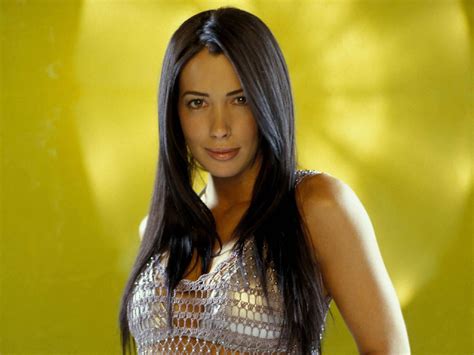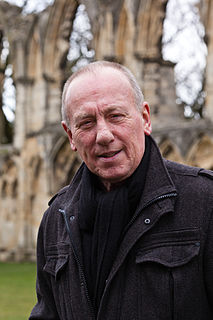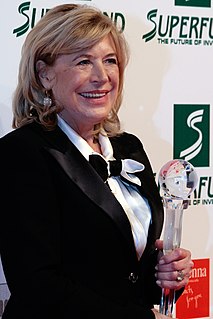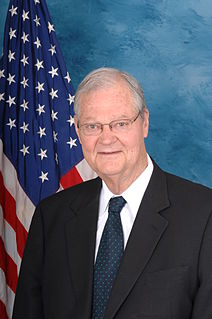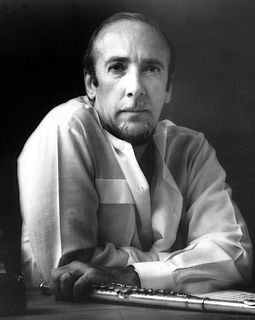A Quote by Siddhartha Mukherjee
I had seen cancer at a more cellular level as a researcher. The first time I entered the cancer ward, my first instinct was to withdraw from what was going on - the complexity, the death. It was a very bleak time.
Related Quotes
Cancer didn't have to be permanent; in my case, I'm lucky that my cancer is curable, but infertility was. And it was the first time I realized that cancer wasn't just something seasonal; it wasn't something that was going to pass with the summer. It was something that was going to change my life forever.
Say you have cancer - you have this broad thing we call cancer; we're going to irradiate you and pump this poisonous material into you and hope more of the bad stuff dies than the good. That is going to seem so medieval when we can fix it on a genetic level, and Foundation Medicine is the first step to diagnosing it on a genetic level.
At the time I discovered that I had prostate cancer, it was not long after my first wife had died, so my children had lost their mum. I felt that to tell them that I had prostate cancer, while I knew that I had it and there was a threat of some sort, I felt that it would be wise not to make things worse for them.
To be diagnosed with cancer was a frightening thing, and my first reaction was sheer panic, but I was really fortunate that the cancer was caught at such an early stage that I didn't need chemo or radiotherapy. But I know that cancer is a chronic condition, and once you've had it, you're on the list, because it can come back.
Cable is not a robot. The metal in his body is actually organic tissue. Ed and I have talked about this a lot. We liken it to a cancer that changes your body's cellular structure. Last time we saw him, his arm had been severed. It's back with a kind of force that will play a major role in this storyline. This is a battle inside Cable's body that he has waged since the first time he appeared.
The decrease in incidents of death from cancer is largely attributable to new medicines or therapeutics. Perhaps a third is attributable to changing our environment, and that includes of course smoking which I believe accounted for probably 20 percent of deaths from, certainly from lung cancer, more than that from lung cancer, but from cancer overall.





